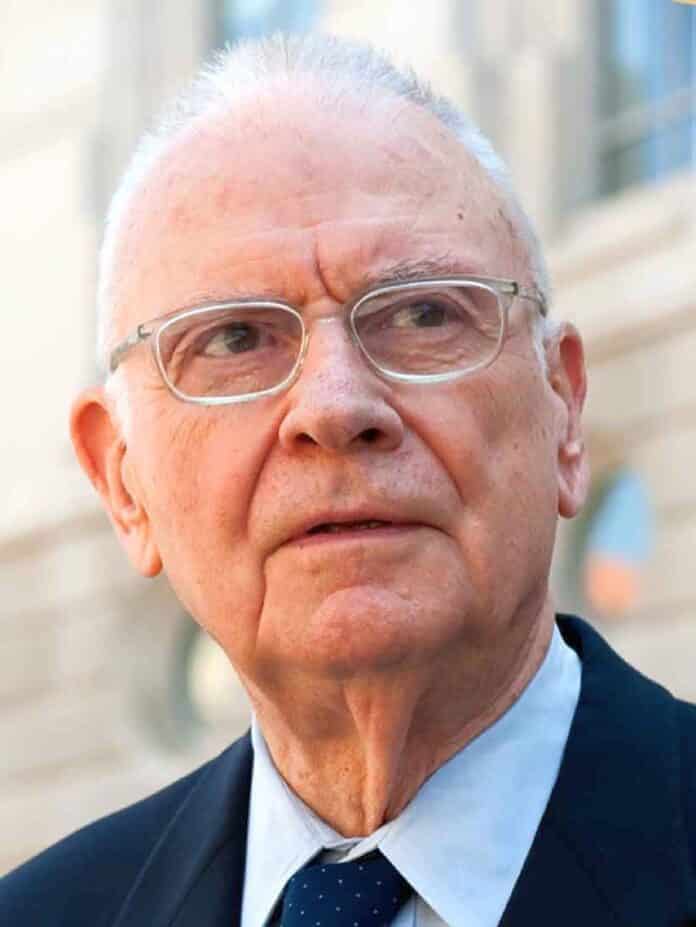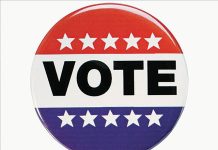If you feel like Congress has become less productive, less functional, and more partisan…you’re right. I’ve been thinking a lot lately about how it’s changed over the years since I served there in the ‘60s to the ‘90s, and several issues help explain why it often struggles to get things done.
Heightened partisanship may top the list. Congress has always been a partisan organization; we’ve seen tense battles throughout its history. But now they’re more intense and occur more frequently.
Years ago, the question that pervaded discussions on Capitol Hill was, “What can we do to resolve this problem?” Members were unwilling to accept stalemate or lack of agreement. Leaders at the time certainly had partisan differences, but these did not dominate the discussion. Behind closed doors they would discuss them civilly and politely, even going so far as to share private polling numbers.
At the same time that polarization has increased, Congress’s ambition has generally lessened. It’s almost inconceivable today that Congress would tackle a big issue—say, how to provide health care for older people—by trying to create something like Medicare. You see this same trend in oversight of the executive branch, which is less robust today.
I think you can also detect the same trend at work in a diminishment of Congress’s oratorical ambitions. There was a time when members of Congress on both sides of the aisle considered Congress to be equal in stature to the President and the executive branch, and their speech-making reflected this: they saw strong oratory as a chance to encapsulate ideas and inspire Americans to rally behind them.
A key thing to remember is that this wasn’t just the speaker of the House or the majority leader of the Senate. Power and influence were spread more widely across both chambers. Now it’s thoroughly concentrated in the hands of leaders, which has made Congress less representative as a whole.
That trend has been accentuated by the extent to which money now talks at every stage of the process. In the late 1970s, labor and corporate PACs gave about equally. Now, corporate PACs account for the vast majority of all the money flowing to members’ campaigns.
The result of all this? Congress is still a vital part of our democracy, but it is by most measures a less effective one.
Lee Hamilton is a Senior Advisor for the Indiana University Center on Representative Government; a Distinguished Scholar at the IU Hamilton Lugar School of Global and International Studies; and a Professor of Practice at the IU O’Neill School of Public and Environmental Affairs. He was a member of the U.S. House of Representatives for 34 years.





